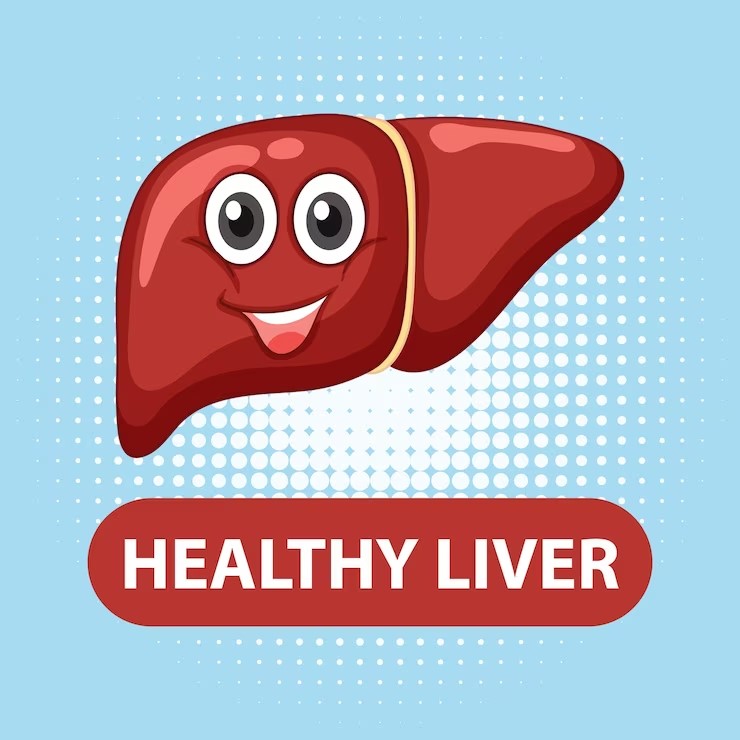The liver is an essential organ that plays a vital role in maintaining overall health and well-being. It is responsible for detoxifying harmful substances, metabolizing nutrients, producing bile, and storing vitamins and minerals. Unfortunately, liver disease is a growing concern in South Africa, with various factors contributing to its prevalence. However, by adopting a few simple lifestyle changes, South African men can take charge of their liver health and promote its proper functioning.
- Maintain a Healthy Weight: Obesity and excessive weight gain can lead to non-alcoholic fatty liver disease (NAFLD), a condition characterized by fat accumulation in the liver. To maintain a healthy weight, South African men should engage in regular physical activity, such as jogging, swimming, or cycling. Additionally, incorporating a balanced diet rich in fruits, vegetables, whole grains, and lean proteins while minimizing the consumption of processed foods and sugary beverages can help prevent NAFLD.
- Limit Alcohol Consumption: Alcohol abuse is a significant contributor to liver disease, including alcoholic fatty liver disease, alcoholic hepatitis, and cirrhosis. South African men should be mindful of their alcohol consumption and follow recommended guidelines. It is advised to limit alcohol intake to two standard drinks per day for men to promote liver health. For those with a history of alcohol abuse, it may be necessary to seek professional help to quit or reduce drinking.
- Avoid Hepatitis Infections: Viral hepatitis, particularly hepatitis B and C, is a leading cause of liver disease worldwide. South African men should take precautions to avoid contracting these infections. Vaccination is available for hepatitis B and is recommended for those at higher risk, such as healthcare workers or individuals with multiple sexual partners. It is crucial to practice safe sex, use clean needles for injections, and avoid sharing personal hygiene items that may come into contact with blood.
- Be Mindful of Medications and Supplements: Certain medications, including over-the-counter drugs and herbal supplements, can be hepatotoxic (toxic to the liver). South African men should always consult a healthcare professional before starting any new medication or supplement regimen. It is essential to follow the recommended dosage and be aware of potential side effects that may affect liver function. Additionally, individuals should avoid mixing alcohol with medications known to have liver-related risks.
- Practice Safe Tattooing and Piercing: Unregulated tattooing and piercing practices can increase the risk of viral hepatitis transmission if proper infection control measures are not followed. South African men should ensure they visit reputable tattoo and piercing parlors that adhere to strict hygiene standards. Sterile equipment, single-use needles, and proper disinfection protocols should be in place to minimize the risk of infection.
- Get Regular Health Check-ups: Regular health check-ups are crucial for early detection of liver disease. South African men should visit their healthcare provider for routine check-ups, including liver function tests. These tests measure various enzymes and proteins in the blood, providing valuable insights into liver health. Early detection allows for timely intervention and improved outcomes.
- Incorporate Liver-Friendly Foods: Certain foods are known to support liver health. South African men can incorporate these into their diets to promote optimal liver function. Examples of liver-friendly foods include garlic, turmeric, leafy green vegetables, citrus fruits, berries, fatty fish (such as salmon), nuts, and seeds. These foods are rich in antioxidants, vitamins, and minerals that help protect and nourish the liver.
By adopting these healthy lifestyle habits, South African men can take proactive steps to promote liver health. Remember that prevention is key, and small changes in daily routines can have a significant impact on overall well-being. Prioritizing liver health not only benefits individuals but also contributes to a healthier South African population as a whole.










